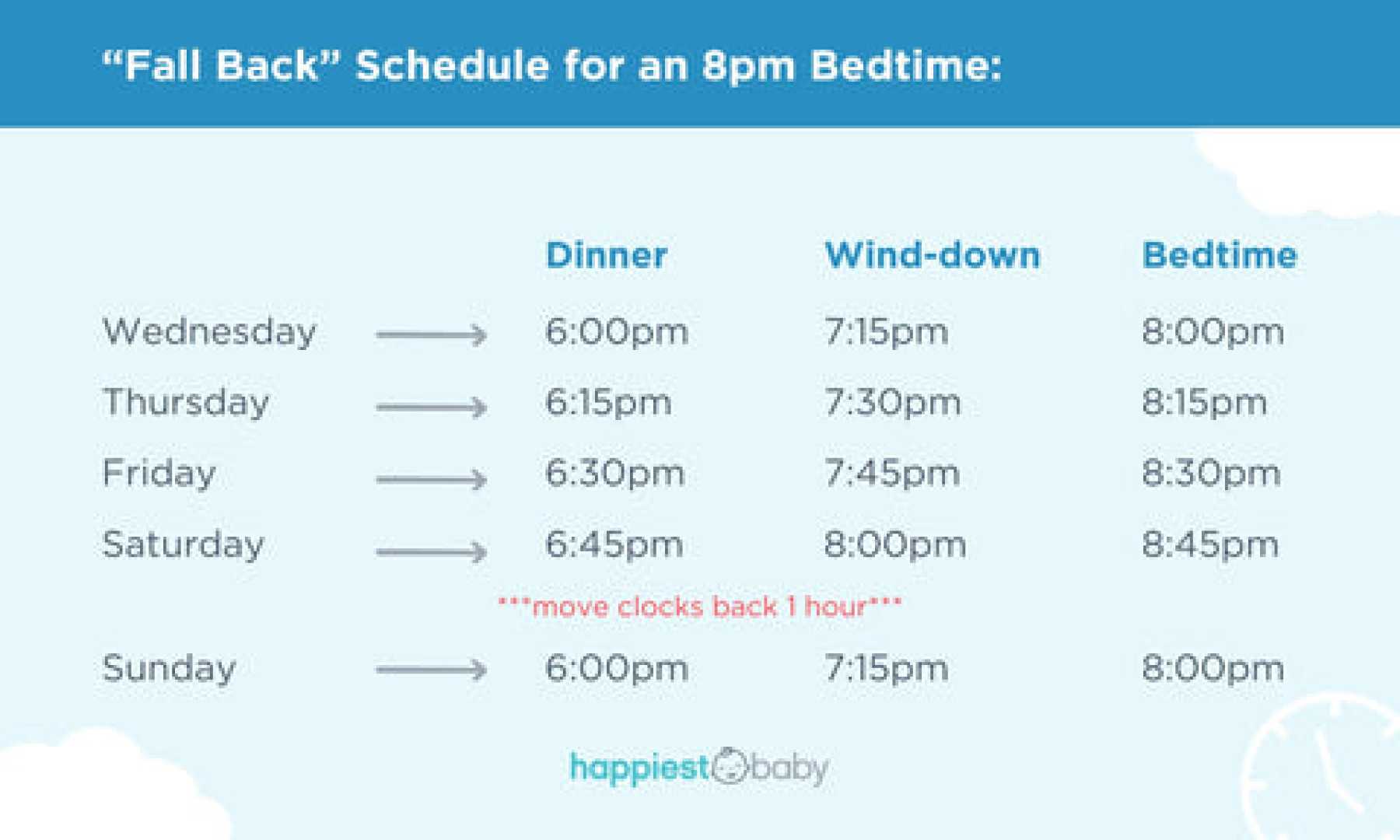Health
Daylight Saving Time Approaches: Prepare for Sleep Disruptions

Washington, D.C. — Daylight saving time begins on Sunday, March 9, at 2 a.m., prompting clocks across most of the United States to spring forward one hour. This change can disrupt sleep patterns, as the loss of an hour may take days for the body to adjust, according to NPR health correspondent Allison Aubrey.
With this time change, many may find their circadian rhythms in disarray, resulting in feelings of fatigue and grogginess. To help mitigate the effects of this disruption, NPR is promoting its special sleep newsletter, Life Kit‘s Guide to Better Sleep, which offers science-backed strategies for improving sleep health.
The newsletter, which originally launched in June 2024, sends subscribers weekly emails with practical tips designed to help individuals regain control of their sleep. Topics covered include creating a calming bedtime routine, managing screen time before bed, and understanding how diet and exercise impact sleep.
“Losing an hour can really mess with your sleep,” Aubrey noted. “It’s important to prepare for this time change to ensure you’re getting the rest you need.”
Since the newsletter’s inception, it has attracted tens of thousands of subscribers. Readers have shared their positive experiences with the content. Janie Cox expressed, “I thought I had heard all the tips, but these are great tools, emphasizing how a cooler room can promote sleep.”
Another subscriber, Jeannie Smith, reflected on her own struggles with sleep, stating, “I felt validated that the habits I’ve acquired are ones you also recommend. The point about not worrying too much helped me feel better.”
Denise Taylor Denault appreciates a broader approach to understanding sleep patterns, saying, “I’ve found reassurance in knowing that no two nights of sleep look the same, especially as our bodies change with age.”
After the one-week newsletter series concludes, subscribers will continue to receive weekly emails from Life Kit covering a variety of lifestyle topics, including health, finance, and relationships. This transition aims to provide ongoing support and valuable information long after the initial sleep strategies have been shared.
To keep your sleep schedule on track as daylight saving time approaches, it is recommended to gradually shift your bedtime, limit caffeine intake in the afternoon, and create a relaxing environment conducive to sleep.












